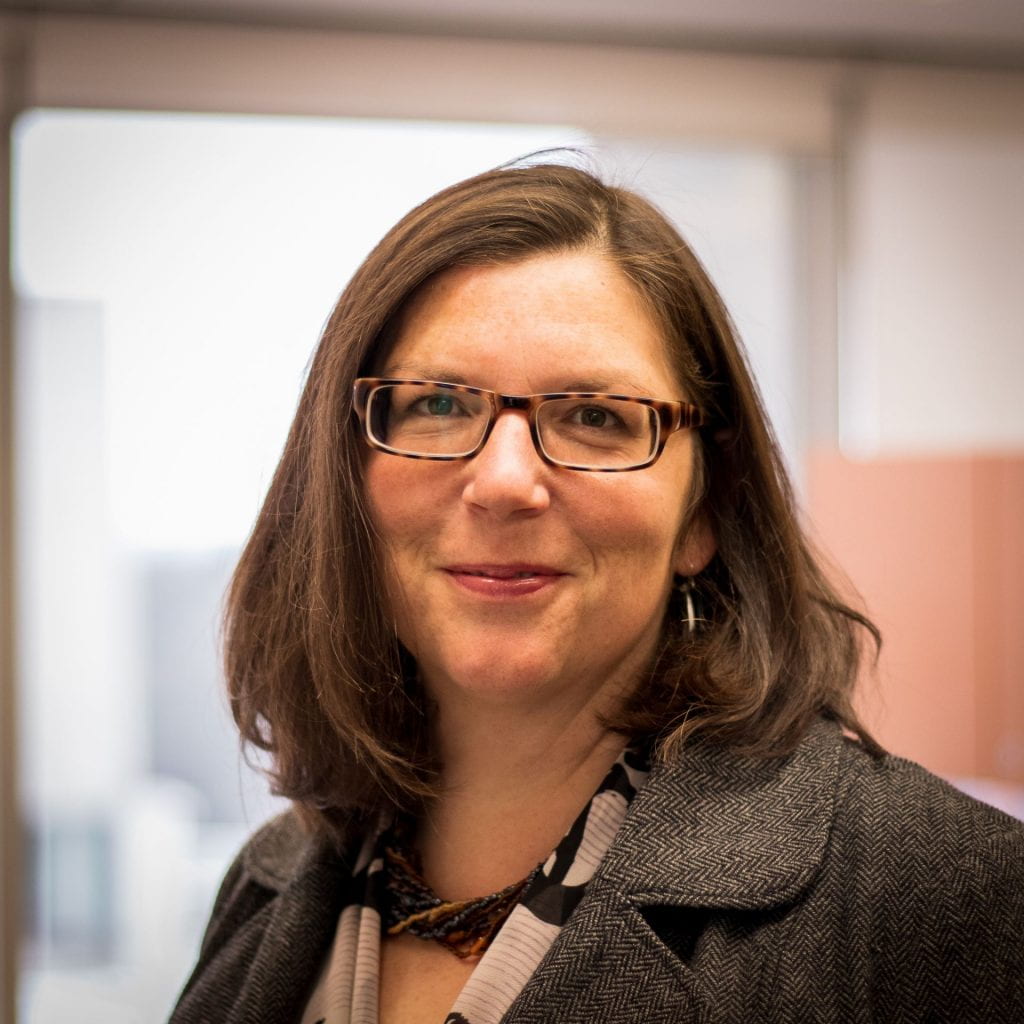
Social sciences foundational to new One Health degree
By Anna McMenemy
A new health studies program at the University of Guelph is opening up the field to students whose passions lie in social sciences as well.
Traditional health studies programs cater mostly to students who excel in areas such as biology, physiology and microbiology. But One Health, an approach that recognizes that animal, human and environmental health are interconnected, has a critical social science component as well.
Research involving human health benefits from social science perspectives and methods, as they help recognize and respect the relationships among people, between the three One Health pillars and within the broader health issue being studied, says anthropologist and program development committee member Dr. Elizabeth Finnis.
“Students in the program who want to conduct research on complex health issues will need to learn how to work with people in a respectful and culturally relevant way,” she says.
As the program was being developed, the committee was mindful of needing to reflect One Health’s complexity and diversity by including a variety of academic disciplines. Finnis was an advocate for the social sciences, ensuring they were included at the core of the curriculum.
The program itself is the first of its kind in Canada, with One Health as the foundation for all students alongside their chosen specialization. Program participants will have the opportunity to branch out in their second year into one of four areas of emphasis: disease, complexity and health; environment, food and health; policy, economics and health; or culture, society and health…the latter of which Finnis had a significant role in developing, as it is the most social science-heavy specialization.
However, students that don’t pursue the culture, society and health area of emphasis will still be introduced to the social sciences through core anthropology courses such as medical and biological anthropology as well as qualitative research methods courses.
In fact, students across all four areas of emphasis will take a range of core courses that span the three pillars of One Health – human, animal, and environmental health.
“I hope students get exposure to subjects that they hadn’t considered before,” says Finnis, “and use that as inspiration to explore more topics and disciplines they weren’t expecting to encounter.”
The program development committee reflected the variety of courses and areas of emphasis in the program. Faculty across colleges including the Ontario Veterinary College, the College of Biological Sciences, and the Ontario Agricultural College collaborated to put together a truly innovative degree. And each faculty’s disciplinary specialty was as valuable as the others.
Students will get a taste of this diversity throughout the program. Besides learning about numerous disciplines, they will have the opportunity to network with other students, faculty, and professionals that have different perspectives and research strengths. Embodying One Health’s core principle of collaboration, students will work together in applied settings to explore how One Health is part of people’s lived realities and not just a theoretical framework used in academia.
Finnis predicts students will quickly see that the possibilities for learning and research are endless when it comes to One Health.
“In many cases, if you can imagine a research area, then you can explore that using One Health,” she says.
For more information about the undergraduate program, check out the One Health Institute website. Learn how to apply here. You can also read more about Finnis here: https://socioanthro.uoguelph.ca/people/elizabeth-finnis-0



